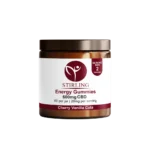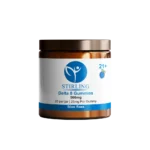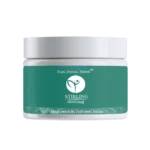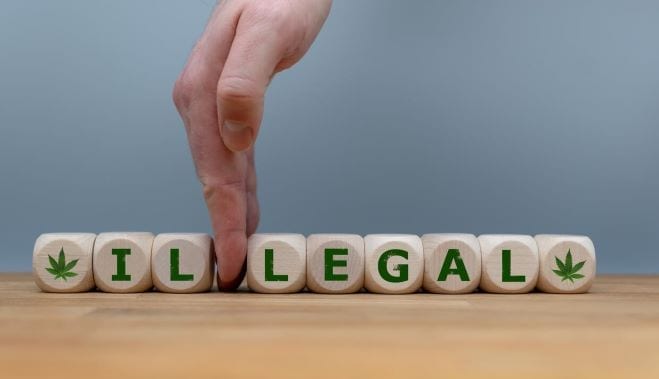Everyone’s talking about Delta 8 THC. Regardless of whether or not you’ve ever tried the products, you’re probably just as curious as we were about how it’s made and where it comes from.
In our previous article, ‘What Is Delta 8 THC?’ we took a close look at what Delta 8 is and how it is different from the familiar Delta 9 THC.
In this article, we’re going to focus more on how it is made, both natural and synthetic, and the importance of understanding where it is coming from.
The Background of Delta 8 THC
There are hundreds of different cannabinoids found in the hemp plant, and one of those cannabinoids is Delta-8 tetrahydrocannabinol.
Although extremely similar to Delta 9 THC, the dominant cannabinoid responsible for those ‘euphoric highs’ people experiences when they use marijuana, Delta 8 is slightly different.
The easiest way to imagine is to think of it as the light beer version of Delta 9.
It’s about 75% as potent and won’t give you many of the negative side effects that Delta 9 THC is known for.
The Difference Between Natural and Synthetic Delta 8 THC
Currently, the argument for Delta 8 THC is that it occurs naturally in hemp. Hemp is legal at a federal level if it contains less than 0.3% THC; therefore, it must also be legal. The biggest problem with this is how the products are made.
While it may be found in hemp, along with Delta 9, the percentage of it is found in hemp is so small that there’s no viable way to mass-produce it for the commercial market.
However, what you can do is synthesize the same cannabinoid in a laboratory.
The Importance of Understanding Where Your Delta 8 Comes From
Extracting the naturally occurring Delta-8 from hemp for any commercial production type is not financially viable for many companies.
It would simply cost much more to make than you could ever sell it for.
So instead, those Delta 8 THC manufacturers are synthetically altering CBD derived from hemp, using a chemical conversion that allows them to produce it in larger volumes better suited to creating commercial products.
So, it’s important to realize that with many other companies, you’re most likely not getting a ‘natural’ product; instead, you’re getting a synthetic version of a naturally occurring compound. You need to have a proven and tested product, like Stirling CBD, to get the best Delta 8 products.
Is it Safe?
We understand many cannabinoids such as CBD and Delta 9 THC, with hundreds of different trials and studies.
However, we still don’t fully understand them, and more clinical trials are needed before we can make any definitive medical claims about CBD.
There have been much fewer studies and even fewer clinical trials conducted about Delta 8.
Therefore, we have a long way to go before we can make any claims about the safety of Delta 8; however, we do know it is critical you get cleanly produced products that have not gone through harsh chemicals to extract the product.

























